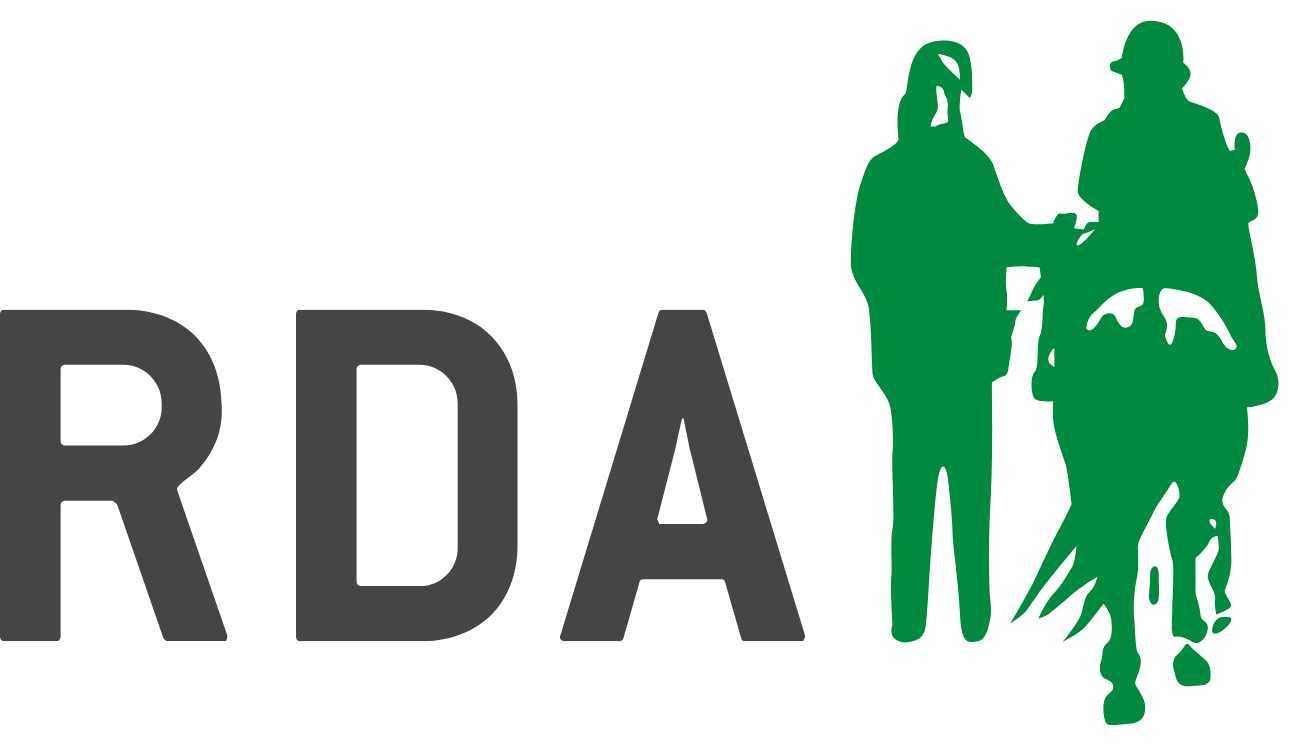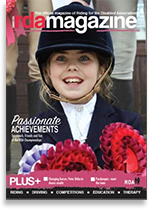RDA welcomes the report from Activity Alliance that highlights the challenges faced by disabled people resulting from the pandemic and supports the recommendations that are made.
Activity Alliance’s Annual Disability and Activity Survey 2021-22 reveals that many disabled people feel forgotten as we recover from the pandemic and are less active, more isolated and experiencing widening inequalities.
The report finds that disabled people would like to be more active but do not feel encouraged to take part in activities. A declining proportion of disabled people believe that sport is “for someone like them” compared to previous years. The pandemic has clearly had a significant effect on everybody’s ability to take part in sport and physical activity, but this appears to be impacting disabled people to a greater extent.
The report’s findings are echoed by the experience of RDA’s participants, after lockdown forced the closure of all its groups around the UK. Activities at RDA groups are now returning to pre-COVID levels, however it is clear that changes in the confidence, physical ability and mental health of some participants has had an impact on their ability to take part.
“Our experiences coming out of the pandemic reflect the findings of the Alliance Activity report” says RDA Interim Chief Executive Paul Ringer “Whilst the pandemic presented challenges for everybody, disabled people have found it more difficult to remain active. With the help of our network of volunteers, RDA stayed in touch with our disabled participants wherever possible and as soon as we were able to get our Groups running again we gave as much encouragement and support as we could to help them return to their pre-pandemic levels of activity.”
Olivia recalls her experience of the pandemic “COVID came at a really bad time for me. I was discharged from hospital in December 2019, I was just starting to get my bearings with navigating the world in a wheelchair. Then COVID hit and it put a whole bumper on adjusting to my new life. When I started riding at Wenlo RDA, I had to wait for the guidelines to allow me to ride because I need to be hoisted onto the horse and supported by several people.
Riding at RDA has helped me get out again and be more active. It has also helped with my balance and confidence, and it goes hand in hand with my physiotherapy. Everything just works together.
As well as helping me post-COVID, RDA has also helped with getting into disabled life in general. There are still a lot of things I can do from a wheelchair. Being able to be in that environment of the horses in the yard, tacking up, grooming, and leading, it helps me feel included.
Without riding, I felt I had lost a part of myself, and I’ve managed to find that again. Riding and being around the yard have helped me feel like me again. “
Alliance Activity’s report also reveals that improving physical health, losing or maintaining weight, getting fit and improving mental health were the top motivations for disabled people to be active. The report’s recommendations include publicising local organisations that can support physical activity at GP surgeries – highlighting the importance of partnerships between health organisations, health professionals and activity providers.
RDA activities are recommended by Physiotherapists and Occupational Therapists, and many participants are referred to RDA by a medical professional.
Paul Ringer confirms the role of RDA in the community. “RDA is well-placed to make social prescribing a reality in communities all over the UK, supporting people to take part in purposeful activity, overcome social isolation and loneliness and to benefit from the therapeutic effect of spending time with animals either as a participant or as one of our much-valued volunteers. Whilst there have been some interesting developments in this area, the potential for a closer involvement with health practitioners is enormous and we welcome any opportunities in this area.”
RDA is a leader in disability sport with a mission to ensure that anyone with a disability can benefit from the unique bond between humans and horses. Riding remains one of the most popular and accessible forms of physical activity for disabled people – 24% of all people taking part in equestrian activity have a disability – a higher percentage than for any other sport (Sport England Active Lives Survey 2019).
RDA groups can be found all over the UK and will give a warm welcome to all new or returning participants as we recover and reinvent from the pandemic.



